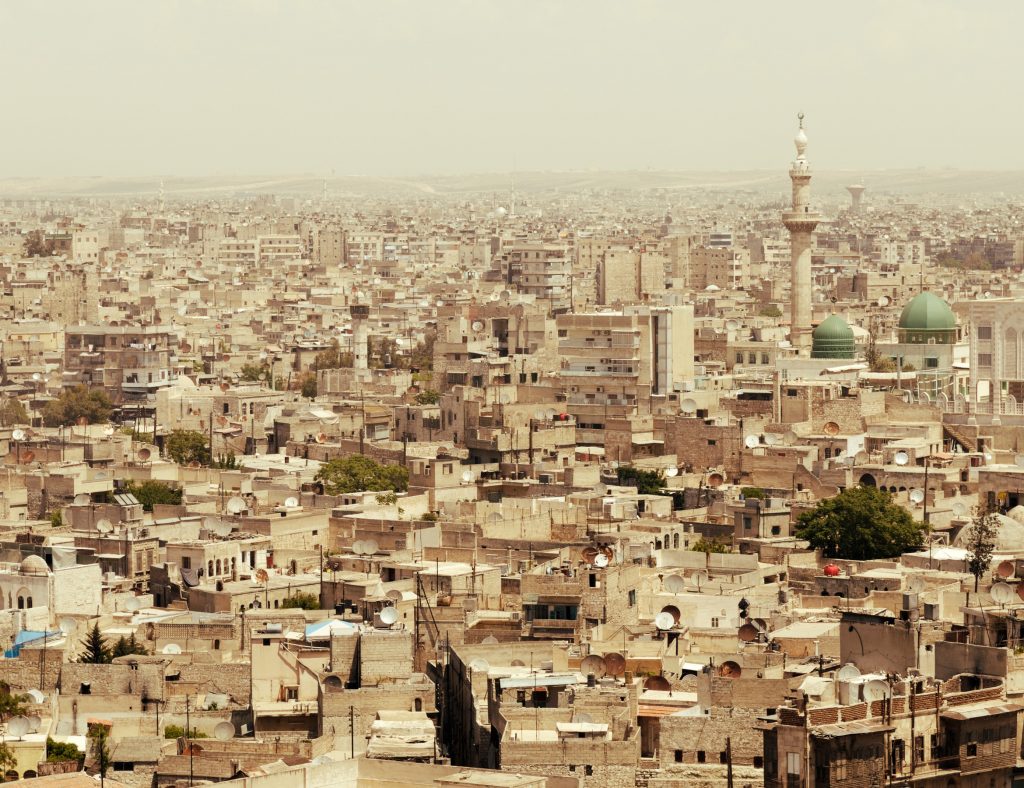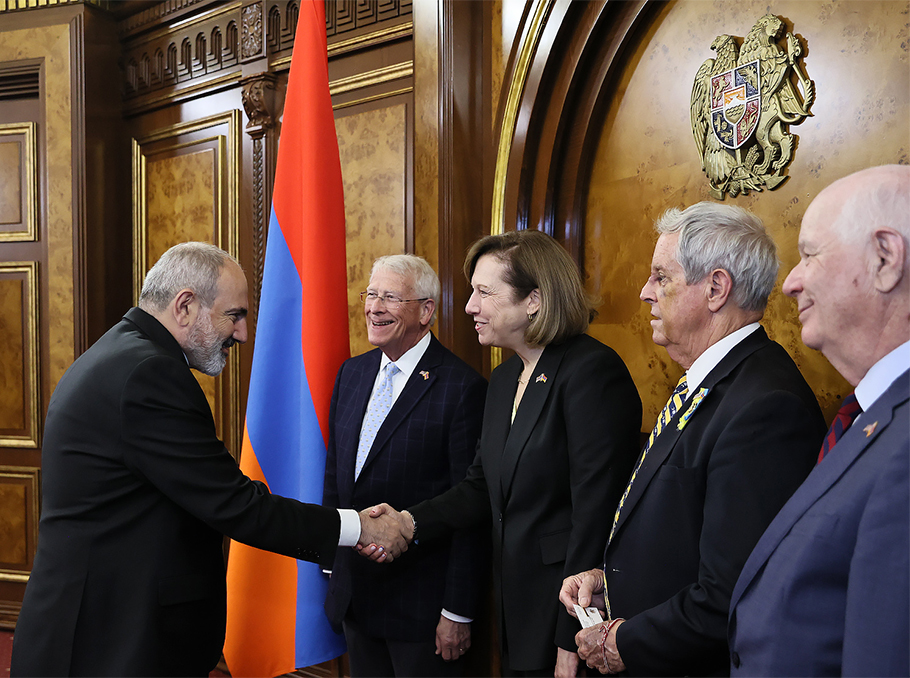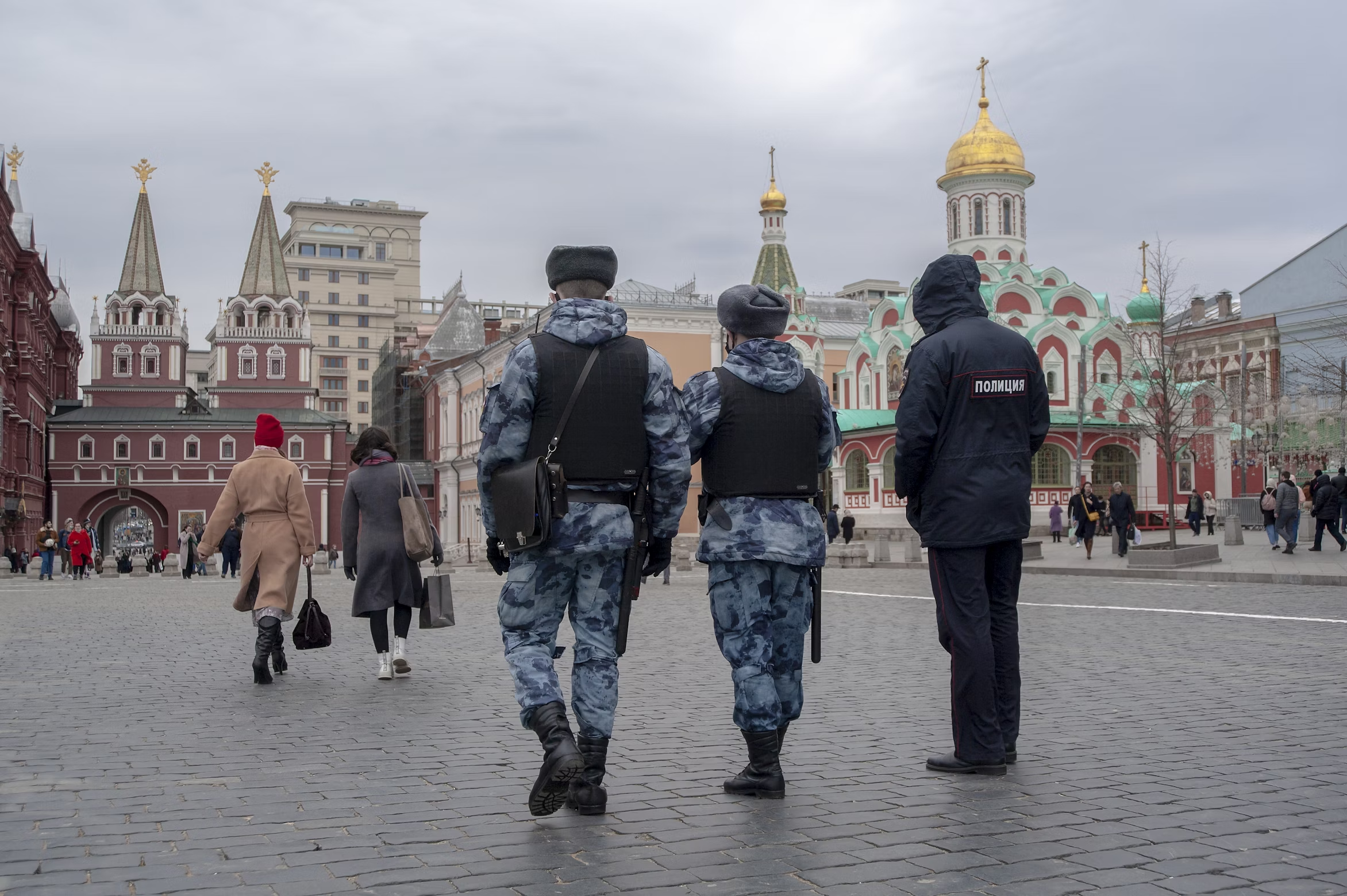Mr. Speaker, the 183rd anniversary of Greece’s revolt against the Ottoman Empire is an opportune time to congratulate the people of Greece for their ability to prevail against great odds in creating their modern, progressive state. Having just returned from Athens with my colleagues BEN CARDIN, and following the recent elections that resulted in a change in government, I think we should take this opportunity also to review the numerous challenges Greece faces if she is to meet her obligations as a participating State of the Organization for Security and Cooperation in Europe.
Since 1821, the people of Greece have overthrown the Ottoman Empire, survived a war with Turkey which created 1.3 million refugees, turned back an invasion by Italy and suffered through occupation by Nazi Germany. Since World War II they have lived through a full-fledged civil war against communism in which 100,000 Greeks were killed and 700,000 were internally displaced. And, from 1967 through 1974, they were under the control of a right-wing military junta. It is important to remember this tumultuous history of Greece when we acknowledge their success, and when we discuss outstanding issues.
Security for this summer’s Athens Olympic Games is a matter of concern among Members of Congress due to our ongoing War against terrorism. The United States has helped Greece by providing funding and manpower to develop as fine a security system as possible, and I hope the American people will take advantage of the joint efforts between our government and the Government of Greece and enjoy the Games.
As Chairman of the U.S. Helsinki Commission, I am concerned also about the efforts Greece must make to fulfill her OSCE human rights obligations, particularly those involving trafficking in persons, freedom of religion and rights of the Greek Roma minority.
Through the assistance of Ambassador Thomas Miller, Rep. CARDIN and I met with officials of the Government of Greece and representatives of various NGOs to discuss Greece’s progress in addressing and solving problems involving human trafficking. As the author of the US Trafficking Victims Protection Act, I am concerned that Greece has just barely moved from Tier Three to Tier Two. The police-based Committee on Trafficking, created in November 2001, clarified how their victims of trafficking screening process works and reported that in 2003, 49 criminal organizations had been broken up with 284 arrests, and 93 victims had been liberated with 28 characterized as victims. Others did not get victim status because they either opted to go home or were in Greece legally with passports. They described their two major anti-trafficking units, in Athens and Thessaloniki, and the training in anti-trafficking that is being taught at all levels of the police academies. The Committee has produced, in thirteen languages, “Know Your Rights,” a pamphlet explaining to the trafficked steps toward safety. Victims are sent to NGO-supported shelters. After touring a shelter in Athens we were struck by the positive attitudes of the women, and came away with renewed hope for them. While these are all positive steps, the visit made clear that Greece needs to put more effort and funding into curbing human trafficking, especially in supporting the NGOs who are providing critical services in the field. I urge the new government of Prime Minister Karamanlis to focus on this issue.
We sought clarification of the problems non-Orthodox religious believers face in Greece and met with Muslim, Jewish, Protestant and Catholic religious leaders. The Thrace Muslim Association pointed out that although there are more than 11,000 Muslims in Athens, there is no mosque, and yet 22 unofficial houses of prayer with no imam. As there is no Muslim cemetery, Muslim dead must be transported over 800 kilometers to Thrace for proper burial. Ironically, there is a new mosque being constructed in Athens–it is nowhere near where the Muslims live, and it will be funded by Wahabi Saudis, a sect not particularly welcome by the local Moslem community nor by the Greek Government. We heard their complaints about limited military promotions, no work in the judiciary, limited job availability, and a poorly applied immigration law. Non-Orthodox Christian leaders spoke about discrimination as opposed to persecution, emphasizing the need to change society for their acceptance.
Greek Jews–the Jewish community that, at 80 percent, lost a larger portion than any other country under the Nazis–number around 10,000, concentrated in Athens and Thessaloniki. With 3 functioning synagogues, Rabbis must be brought in from other countries for the High Holidays. We were told “anti-Semitism is not widely and visibly expressed, but is expressed in many ways.” The press is anti-Semitic under the guise of anti-Zionist or anti-Israeli statements, and is pro-Palestinian Liberation Army. School texts continue to have anti-Semitic materials and lack acknowledgement of the Holocaust, but have improved since the past. Vandalism of Jewish sites occurs, with little to no police follow-up.
Finally, we visited the relocated Roma camp in Spata, near the Athens airport, which is on an abandoned toxic NATO dump. They lack reliable running water or sewers, which is justified by the authorities since this is an illegal settlement on airport land, yet the 24 families, all with legal papers, live in portable homes supplied by the municipality and the children go to public school. They are never visited by local authorities, including doctors, despite promises. Their village is only accessible by terrible mud roads, which become a barrier in wet weather. It became clear that the two most important things needed for this community are permanent homes and a job for everyone that is seeking the opportunity.
These are snapshots of Greece, the invisible Greece that tourists and the outside world, even many Greeks, never see. Trafficked women who are forced to serve as sex slaves. Jews, Muslims and non-Orthodox Christians treated as second-class citizens. And Greek Roma whose basic needs are disregarded.
Yes, we should commemorate the 183rd anniversary of the fight for freedom, but still must wait for all Greeks to equally share that freedom.
The new government under Prime Minister Karamanlis has a great opportunity to step forth and work toward solutions in these matters. In my capacity as OSCE Parliamentary Assembly Special Representative on Human Trafficking Issues, and as Chairman of the U.S. Helsinki Commission, I look forward to working with the Prime Minister and with Greek parliamentarians to help find answers to these problems.










